Austrian Korean Relations
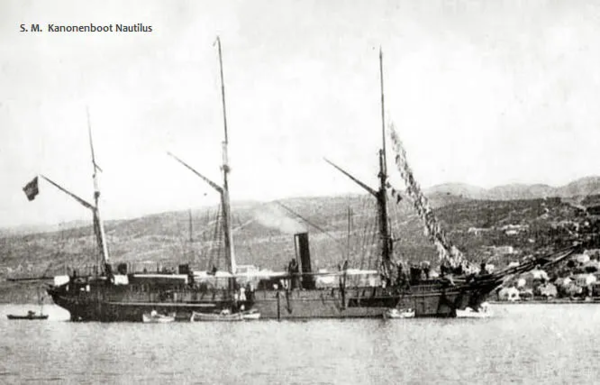
[아츠앤컬쳐] 역사에 기록된 최초의 한국-오스트리아 간의 접촉은 1886년 오스트리아-헝가리 선박 SMS 노틸러스호(1873년)가 한국의 거문도, 부산, 원산 항에 정박하면서 이루어졌다. 당시 조선의 인구는 683만 가구였다. 1894년 오스트리아계 미국인 모험가 에른스트 폰 헤세-바르텍이 한국을 여행하고 여행기를 책으로 펴내 그 후 20년간 독일 여행 문학에 큰 영향을 미쳤다.
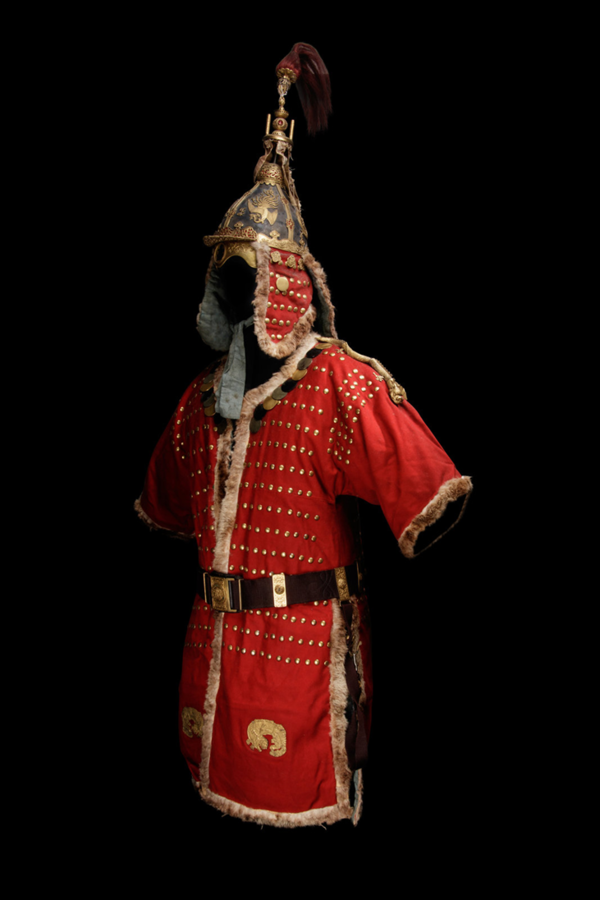
1892년 조선과 오스트리아 간 최초의 외교 조약(조오수호통상조약)은 ‘수호통상항해조약’으로 불렀다. 조선의 고종 황제는 오스트리아 헝가리 제국 황제에게 선물로 왕실 갑옷을 보냈는데, 이 갑옷은 현재 빈 미술사박물관에 전시되어 있다.
조선의 정세는 매우 불안정한 시기였다. 메이지 유신 이후 일본은 서양의 군사 기술을 습득하고 1876년 강화도 조약을 체결해, 조선에 3개 항구를 개방하고 일본의 치외법권을 인정하도록 하였다. 1894년 동학농민혁명으로 농민들이 대규모 반란을 일으키자 조선 정부는 청에 지원을 요청하여 청이 3,000명의 군대를 파견하자, 위협을 느낀 일본이 8,000명의 군대를 파견해 왕궁을 점령하고 1894년 6월 8일 친일 정부를 설치했다. 이는 곧 일본과 청 제국 간의 전쟁(1894~1895년)으로 확대되어 주로 한국 내에서 벌어졌다.
애국가 작곡가 안익태(1906~1965)는 1936년 오스트리아 빈에 머물며 지휘자 펠릭스 바인가르트너를 사사하고 있었다. 2년 후 안익태는 독일 작곡가 리하르트 슈트라우스를 만나 ‘한국환상곡’에 대한 조언을 구했고, 이곡 중 일부분이 훗날 대한민국 국가로 채택되었다.
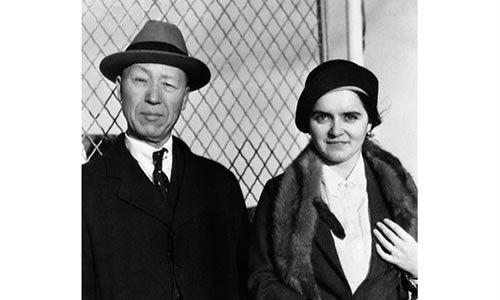
제2차 세계대전 후 대한민국 초대 대통령인 이승만은 오스트리아 출신의 프란치스카 도너와 결혼했다. 그녀는 젊은 국가의 첫 번째 영부인이 되었고 1948년부터 1960년까지 항상 남편의 곁에서 행사에 참석했다. 프란치스카 도너는 평생을 정치에 관여하지 않았으며, 한국에서 널리 알려진 유명한 인물로 큰 인기를 누렸다. 1963년 10월 18일 오스트리아와 대한민국은 수교를 맺고 양국에 대표부를 두는 등 보다 안정적인 외교 관계를 수립했다.
1965년 티롤 출신의 간호사 엠마 프라이싱거는 가톨릭 여성운동의 도움으로 대구에 나환자들을 돌보는 병원을 설립했다. 오늘날 이 병원은 1,000명 이상의 환자를 치료하는 대학병원으로 성장했다. 평생 동안 사회적, 인도주의적으로 헌신한 공로로 엠마 프레이싱거는 윤석열 대통령으로부터 '올해의 이민자'로 선정되었다.
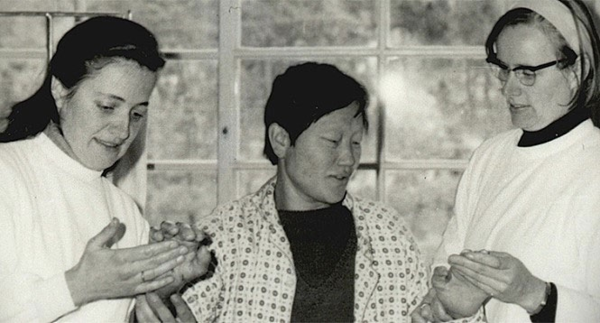
1970년대만 해도 오스트리아 병원에는 잘 훈련된 간호사와 의료진이 부족했다. 오스트리아 정부는 오스트리아 병원의 부족한 인력을 보충하기 위해 당시 개발도상국이었던 한국에서 간호사를 초청했다. 예를 들어 1972년에는 약 100명의 한국 간호사가 오스트리아에 왔다. 이들 중 상당수가 오스트리아에 정착하여 가족들과 함께 오스트리아와 한국 사회를 잇는 소중한 가교 역할을 하고 있다.
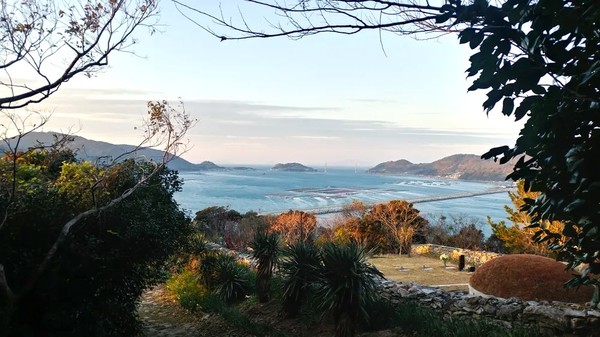
Austrian Korean Relations
The first Austrian Korean contact that is recorded in history happened in 1886, when the Austro-Hungarian ship SMS Nautilus (1873) docked at the Korean harbors of Keomundo, Pusan and Wonsan. At that time, the Joseon Dynasty had a Population of 6,830,000 households. In 1894, Austrian American adventurer Ernst von Hesse-Wartegg traveled around Korea, and published a book about his travels, which was influential among German travel literature for 20 years.
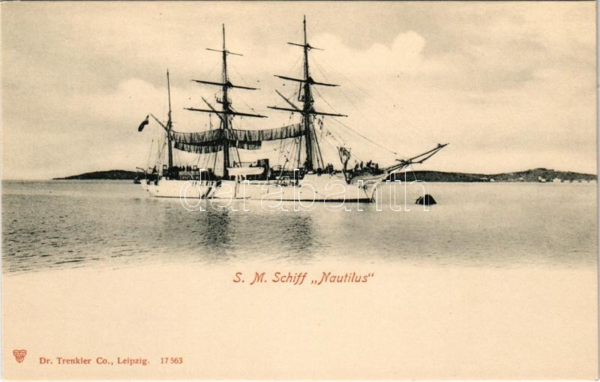
The first diplomatic treaty between Joseon Dynasty and Austria (Austria–Korea Treaty) was established in 1892 it was called “Treaty of Friendship Commerce and Navigation”. As a gift to the powerful Austrian Hungarian Emperor, the Korean Emperor Gojong sent back a royal armour as a gift, now exhibited in the “Kunsthistorisches” Museum in Vienna.
It was a time of instability in Joseon Dynasty, after the Meiji Restoration, Japan acquired Western military technology and signed the Treaty of Kanghwa Island in 1876, which opened three ports to Joseon and forced the country to recognize Japanese extraterritorial jurisdiction. In 1894, when the Donghak Peasant Revolution sparked a massive peasant uprising, the Joseon government turned to the Qing for support. The Qing sent 3,000 troops, and Japan, feeling threatened, sent 8,000 troops to occupy the palace and install a pro-Japanese government on June 8, 1894. This soon escalated into a war between Japan and the Qing Empire (1894-1895), fought mainly in Korea.
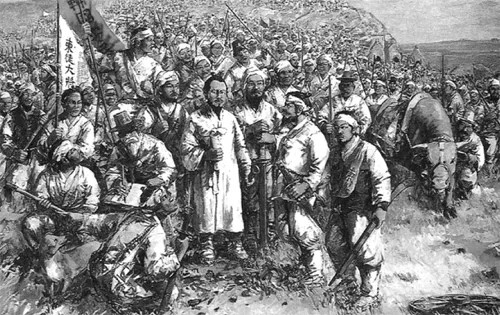
The composer of the Korean national anthem, Ahn Eak-tai (1906-1965), was staying1936 in Vienna, the composer studying under the Austrian conductor Felix Weingartner. Two years later, Ahn met German composer Richard Strauss for advice on his “Symphonic Fantasia Korea” part of which was later chosen as Korea’s national anthem.
After the Second World War, Syngman Rhee, the first president of the Republic of Korea, was married to the Austrian Franziska Donner. She became the first First Lady of the young state and always appeared in this function from 1948 to 1960 at her husband's side. Franziska Donner, was completely apolitical all her life, enjoys widespread notoriety and great popularity in Korea. On 18 October 1963 Republic of Austria and the Republic of Korea established diplomatic relations with each other on more stable ground, with representations in both countries.
In 1965 the Tyrolean nurse Emma Freisinger founded a hospital in Daegu to care for lepers with the help of the Catholic women's movement. Today, the hospital is a university hospital for more than 1000 patients. For her lifelong social and humanitarian commitment, Emma Freisinger was named "Immigrant of the Year" by President Yoon Seok-yeol.
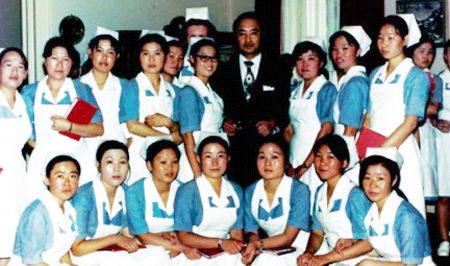
At the opposite in the 1970s, there was a lack of well-trained nursing and medical staff in Austrian hospitals. Vienna invited nurses from Korea - at that time still a developing country - to compensate for the shortage of staff in Austrian hospitals. In 1972, for example, around 100 Korean nurses came to Austria. Many of them have settled in Austria and, together with their families to form a valuable bridge between Austrian and Korean society.
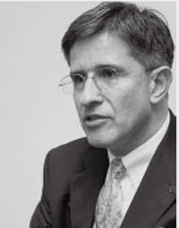
글 | 볼프강 슬라빈스키 Wolfgang Slawinski
서울명예시민
한·오스트리아협회 회장

